Efficacy of exercise interventions on prevention of sport-related concussion and related outcomes: a systematic review and meta-analysis
Abstract
Objective To review the efficacy of exercise interventions on sport-related concussion (SRC) incidence, as well as on linear and rotational head accelerations, and isometric neck strength and to assess reporting completeness of exercise interventions using the Consensus on Exercise Reporting Template (CERT).
Design Systematic review and meta-analysis, according to the Prisma in Exercise, Rehabilitation, Sport medicine and SporTs science guidelines.
Data sources Six databases (MEDLINE, Embase, CINAHL, Scopus, Web of Science CC and SPORTDiscus) were searched up to 26 June 2023.
Eligibility criteria for selecting studies Randomised controlled trials (RCTs), cluster RCTs or quasi-experimental studies, evaluating exercise interventions on SRC incidence, linear and rotational head accelerations, and/or isometric neck strength in male and/or female athletes of any age, and/or in a healthy general population.
Results A total of 26 articles were included. A large effect size was observed for resistance training (RT) on isometric neck strength (standardised mean difference (SMD) 0.85; 95% CI 0.57 to 1.13; high-quality evidence). Non-significant effect sizes were observed for neuromuscular warm-up programmes on SRC incidence (risk ratio 0.69; 95% CI 0.39 to 1.23; low-quality evidence), or for RT on linear head acceleration (SMD −0.43; 95% CI −1.26 to 0.40; very low-quality evidence) or rotational head acceleration (SMD 0.08; 95% CI −0.61 to 0.77; low-quality evidence). No studies assessed the impact of RT on SRC incidence. CERT scores ranged from 4 to 16 (out of 19) with median score of 11.5 (IQR 9–13).
Conclusion RT increases isometric neck strength, but the effect on SRC incidence is unknown. More adequately powered and rigorous trials are needed to evaluate the effect of exercise interventions on SRC incidence, and on linear and rotational head accelerations. Future studies should follow CERT guidelines, as the included interventions were generally not reported in sufficient detail for accurate replication.
PLEASE JOIN US



